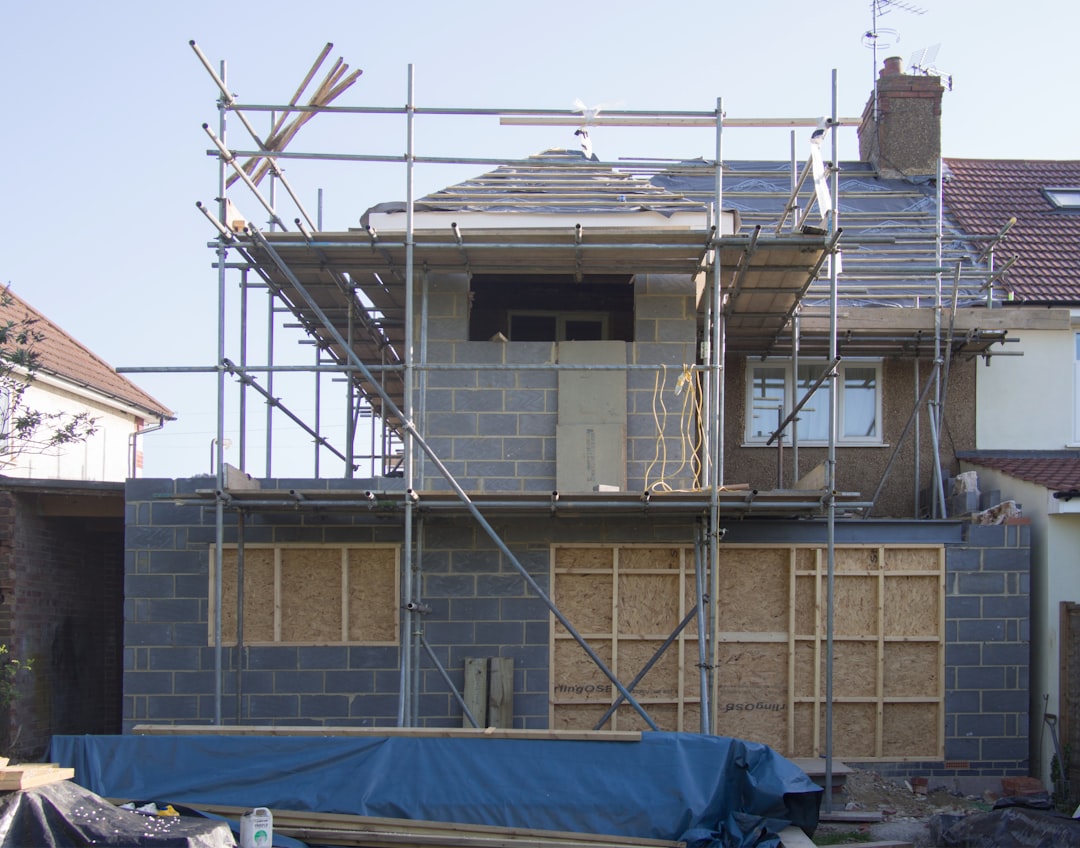
Understanding the costs associated with hanging wallpaper is crucial for construction professionals. In 2026, the average cost to hang wallpaper ranges from $800–$1,200 per opening, depending on various factors. This guide provides a detailed breakdown of these costs, focusing on the needs of trade professionals.
• Wallpaper type and roll coverage
• Surface preparation requirements
• Installation complexity and labor time
Each factor influences the overall cost differently. Understanding these interactions is essential for accurate budgeting.
Professionals typically choose from these categories:
• Standard vinyl: $1.50–$3.50 per sq ft
• Premium grass cloth, silk, or linen: $3.00–$6.00 per sq ft
• Custom printed murals: $6.00–$15.00 per sq ft
Staying updated with supplier pricing ensures accurate estimates.
Labor for removing old coverings, skim-coating, or sealing new drywall can account for 25%–40% of the total project cost. Accurate estimation of these tasks is crucial for professionals.
In the Denver area, professional hangers charge between $30–$80 and $30–$80 per hour. Productivity varies based on wall complexity, affecting overall costs.
• Specialty adhesives for heavy materials
• Equipment rental for high ceilings
• Waste factor adjustments
• Post-installation cleanup
Identifying these costs upfront helps in avoiding budget overruns.
Based on 2026 data:
• Powder room (60 sq ft, standard vinyl): $400–$1,000
• Primary bedroom (120 sq ft, custom mural): $1,300–$4,800
• Living area (450 sq ft, premium grass cloth): $2,400–$7,000
Use accurate measurements to refine estimates.
1. Open the estimation tool.
2. Input project details.
3. Upload wall layouts.
4. Specify materials.
5. Confirm surface conditions.
6. Receive a detailed cost breakdown.
7. Export to a professional quote.
• Order from the same dye lot to avoid color variations.
• Schedule installations efficiently.
• Choose pre-pasted options for quicker labor.
For construction professionals, understanding and managing wallpaper installation costs is essential. Accurate estimates and efficient planning can significantly impact project success.

In a recent project, a contractor used advanced estimation tools to wallpaper a 320 sq ft great room efficiently. The initial estimate was $500–$1,000, with a final invoice of $500–$1,000, demonstrating precise cost management.
• Prime surfaces to prevent show-through.
• Inspect materials before use.
• Plan seam locations for visual continuity.
Advanced tools also support flooring, painting, and millwork estimates, ensuring seamless project management across trades.
Explore more at CountBricks for accurate and efficient construction estimates.